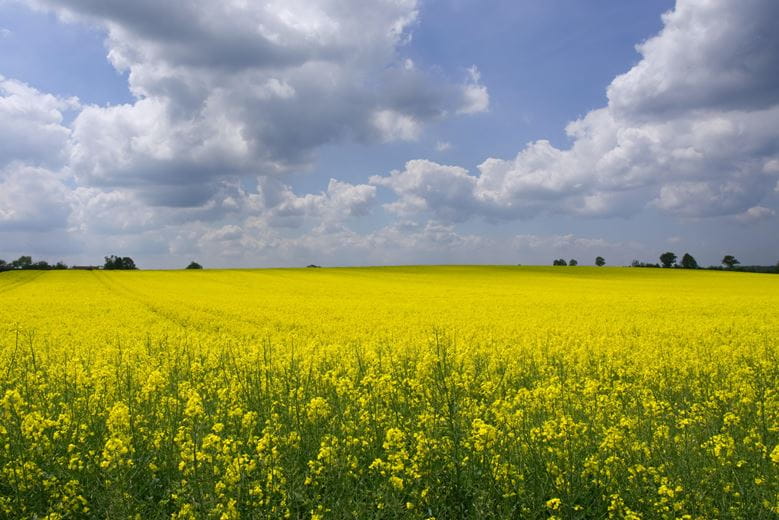The massive pharmaceuticals company Bayer expressed its disappointment last week after its legal challenge to overturn an EU ban on neonicotinoid pesticides (neonics) was rejected.
The European Court of Justice dismissed an appeal by Bayer, on 6th May, which challenged the ban on neonics that has been in place since 2018.
This ban has caused much controversy in the agricultural world because the use of neonic seed dressings have been very important in protecting oilseed rape crops from cabbage stem flea beetles which can seriously damage the output of this crop.
Oilseed rape is also an important “break crop” in a cereal based rotation, helping control cereal pests and diseases and improve soil structure.
The ban on the use of neonics has had a significant impact on the acreage of oilseed rape being planted in the UK and thus the sight of areas of bright yellow fields will be less common than it once was.
However, the reason for this ban is compelling in that the use of neonics has been proven to have had a damaging impact on other “non-target” species and particularly important pollinators such as bees. These effects should not and must not be ignored, because there is an increasing body of work illustrating the worrying impact that our current use of insecticides is having on our insect populations.
The negative impact of agrochemicals first came to light in the late 1950s and early 1960s, when it was noticed both in the UK and US that the population of many birds of prey had crashed and, after much research, it was found that the use of chlorinated hydrocarbons both in sprays and seed dressings was the cause.
This led to the publication of a seminal book on the subject called the “Silent Spring”, written by Rachel Carson where in the US the use of DDT was found to be particularly damaging. However, in the UK it was, in fact, the impact of a family of chemicals called cyclodienes, such as aldrin and dieldrin that were used as seed dressings which had the most significant impact.
The effect on birds was relatively easy to observe; for example, the population of the peregrine falcon crashed in the late 1950s, and analysis of seed-eating bird carcasses found toxic quantities of organochlorine residues, thereby implicating the agrochemicals.
However, it is worrying that similar signs will not be as obvious in relation to insects which, if anything, play a more important role in our ecosystem than the more spectacular peregrine falcon. In conclusion, I think that this means, some 60 years on from the publication of the Silent Spring, that we all need to learn from the mistakes of the past. Multinational pharmaceutical companies need to focus on environmentally friendly products rather than seeking to overturn bans on chemicals that have a proven record of causing damage, however useful the chemical may have been for the profitable production of oilseed rape.
Farms, Lands & Estates
Carter Jonas' Rural Division deals with all aspects of rural land and business - managing over 1.3 million acres.



